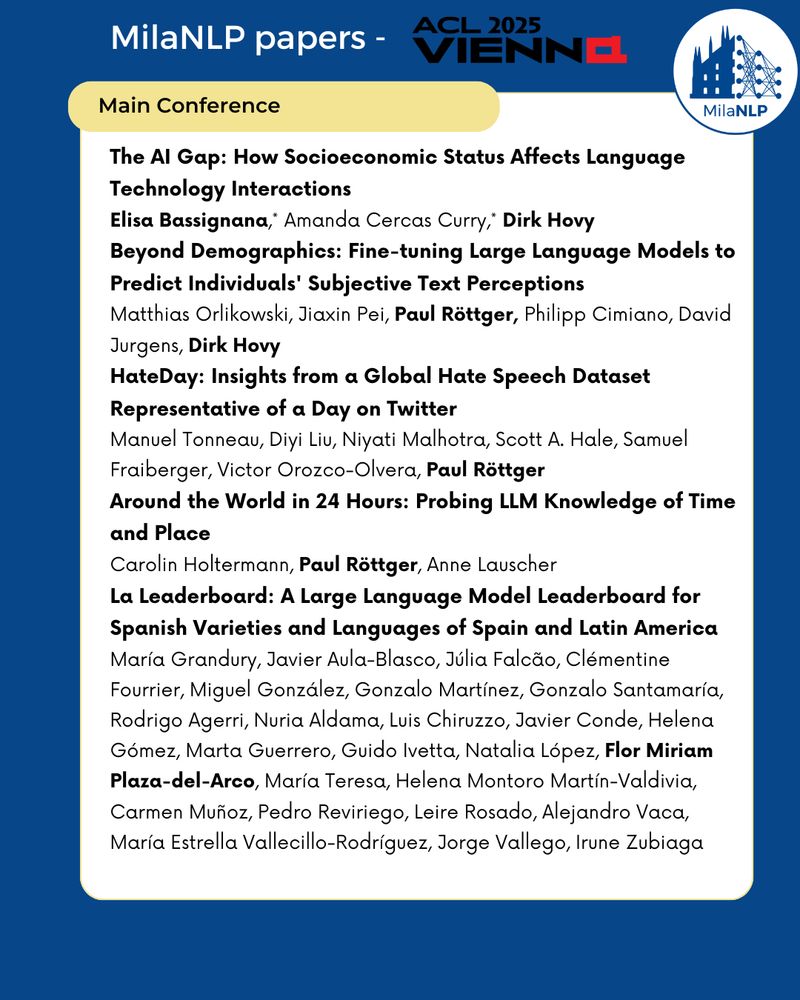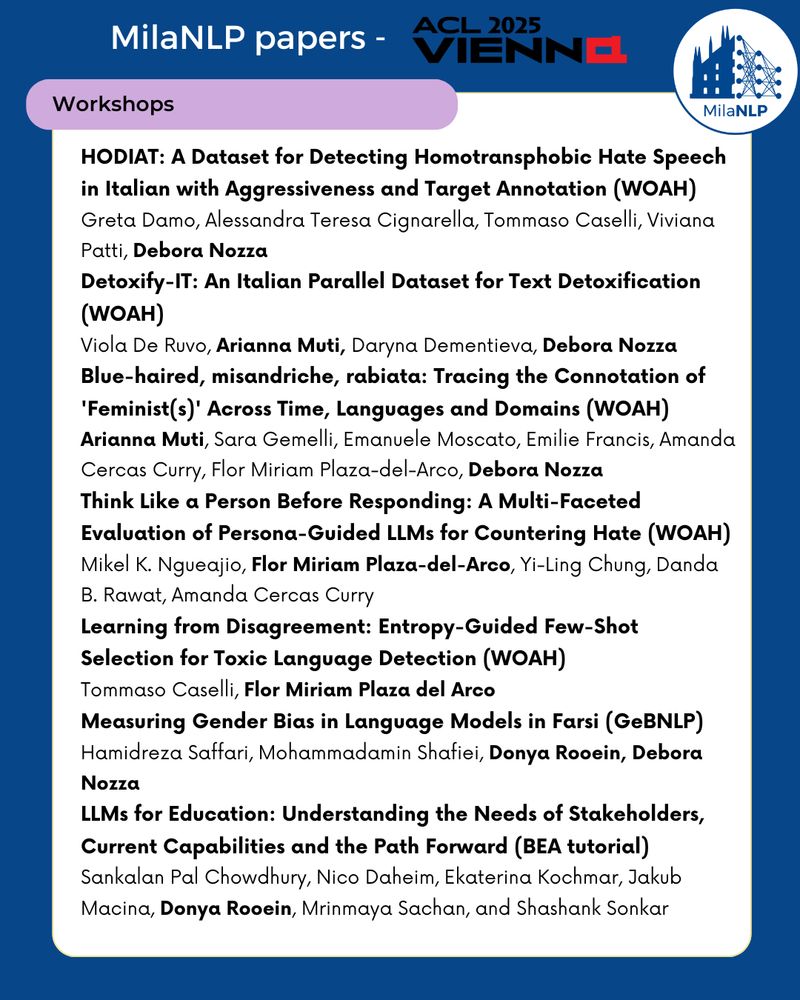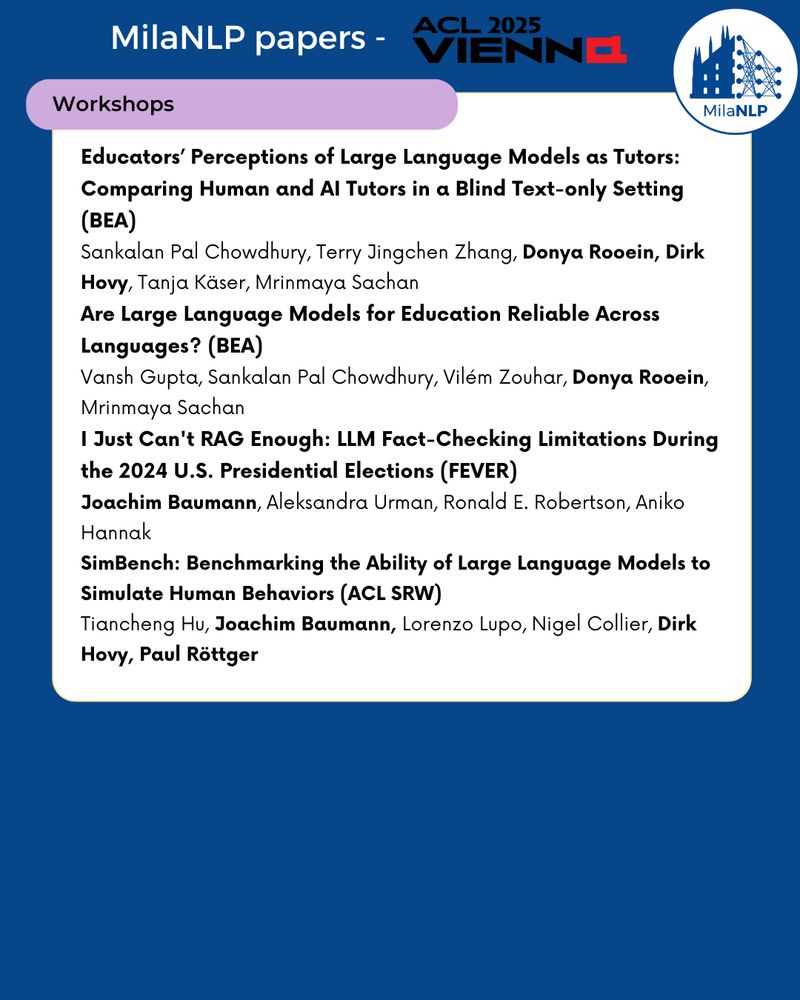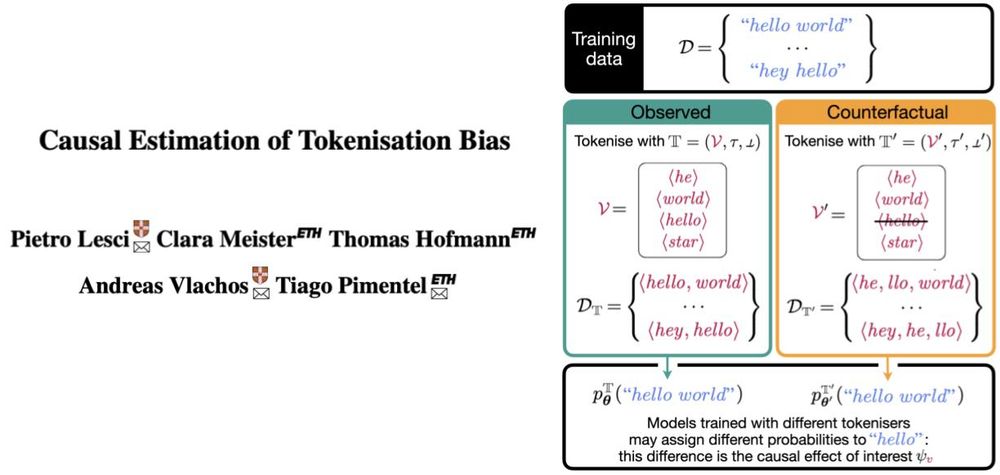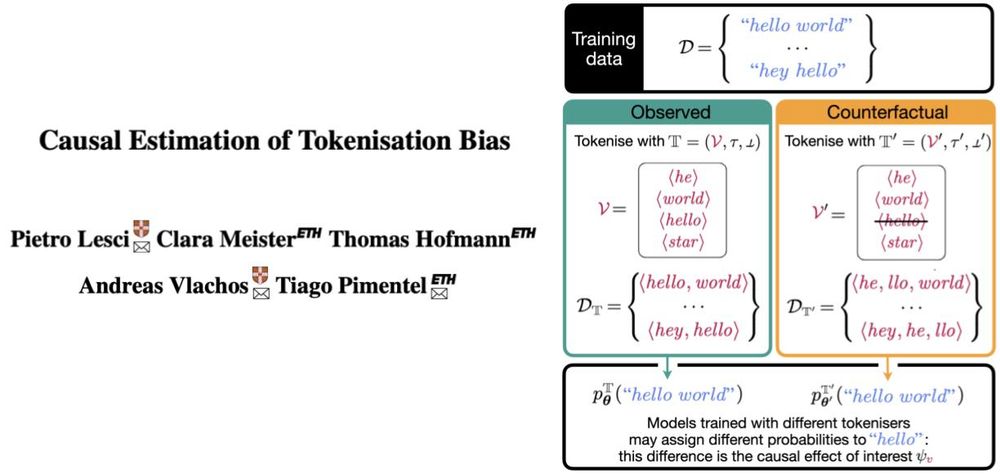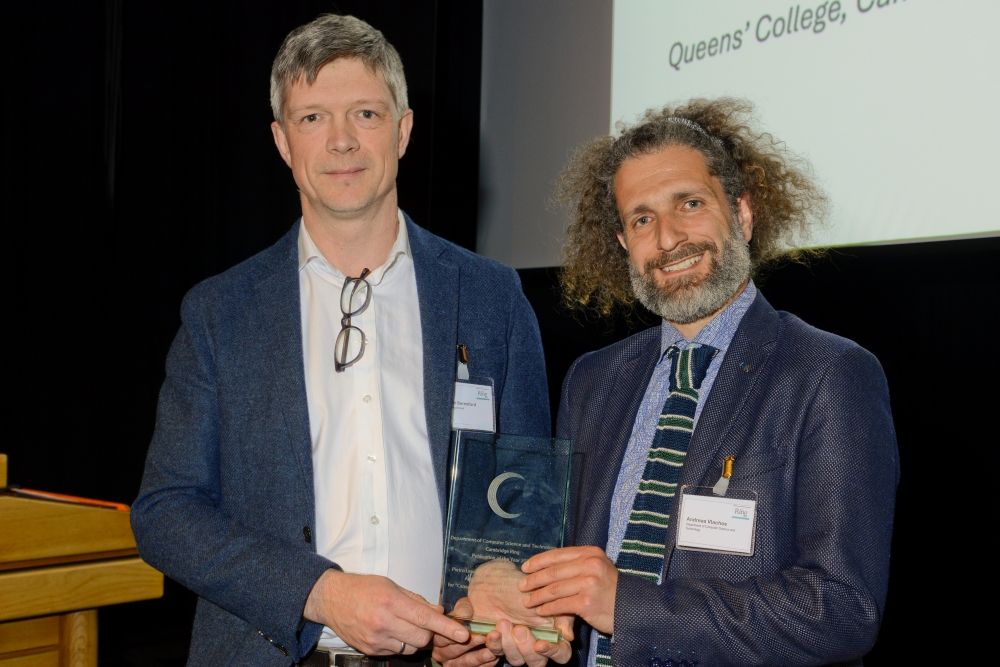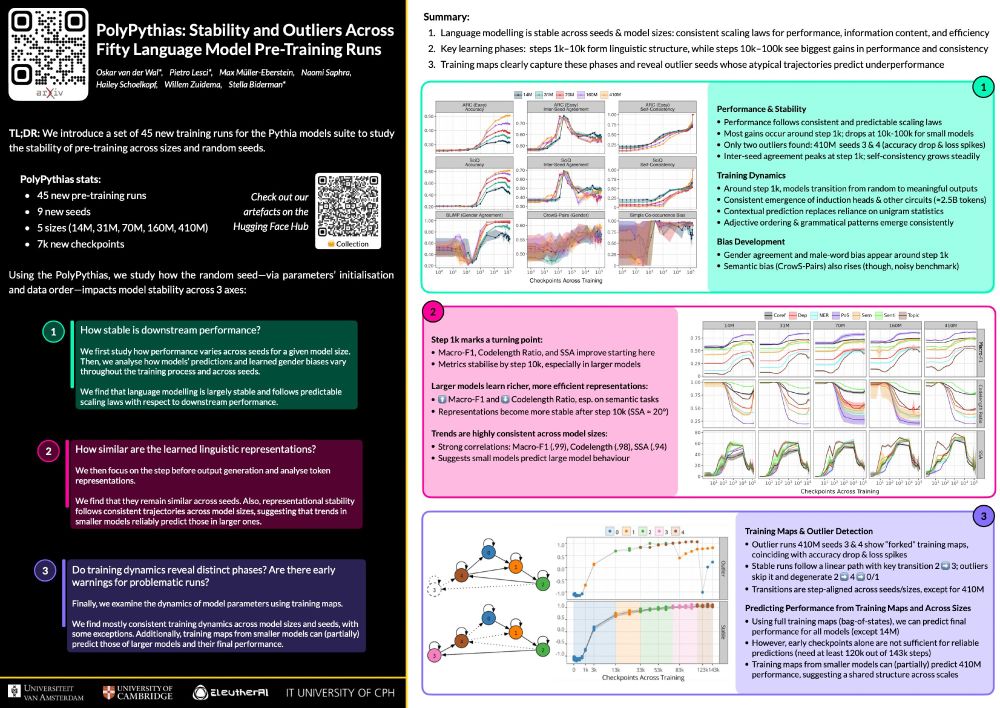Pietro Lesci
@pietrolesci.bsky.social
250 followers
1K following
23 posts
PhD student at Cambridge University. Causality & language models. Passionate musician, professional debugger.
pietrolesci.github.io
Posts
Media
Videos
Starter Packs
Reposted by Pietro Lesci
Tiago Pimentel
@tpimentel.bsky.social
· Jul 27
Reposted by Pietro Lesci
Pietro Lesci
@pietrolesci.bsky.social
· Jul 27
Pietro Lesci
@pietrolesci.bsky.social
· Jun 5
Pietro Lesci
@pietrolesci.bsky.social
· Jun 5
Pietro Lesci
@pietrolesci.bsky.social
· Jun 5
Pietro Lesci
@pietrolesci.bsky.social
· Jun 5
Pietro Lesci
@pietrolesci.bsky.social
· Jun 5
Pietro Lesci
@pietrolesci.bsky.social
· Jun 5
Reposted by Pietro Lesci
Reposted by Pietro Lesci
Pietro Lesci
@pietrolesci.bsky.social
· Apr 30
Pietro Lesci
@pietrolesci.bsky.social
· Apr 22
Pietro Lesci
@pietrolesci.bsky.social
· Apr 22
Pietro Lesci
@pietrolesci.bsky.social
· Apr 22
Pietro Lesci
@pietrolesci.bsky.social
· Apr 22
Reposted by Pietro Lesci
Alex Thiery
@alexxthiery.bsky.social
· Nov 26

